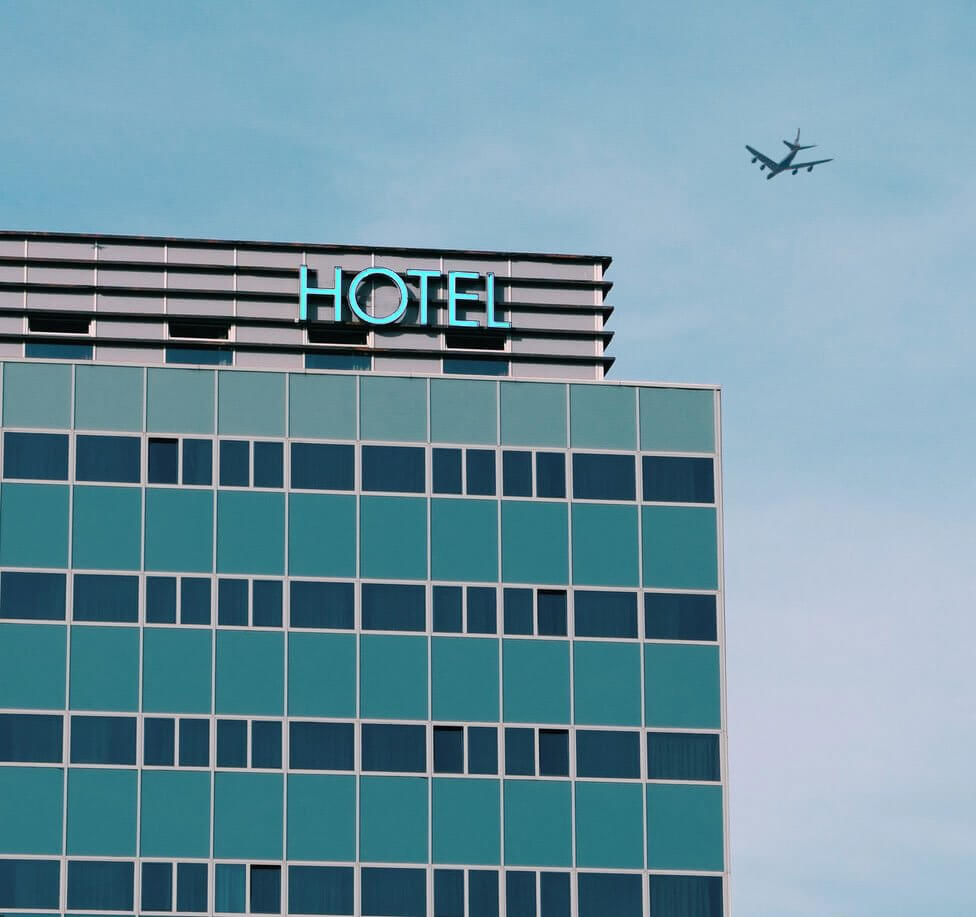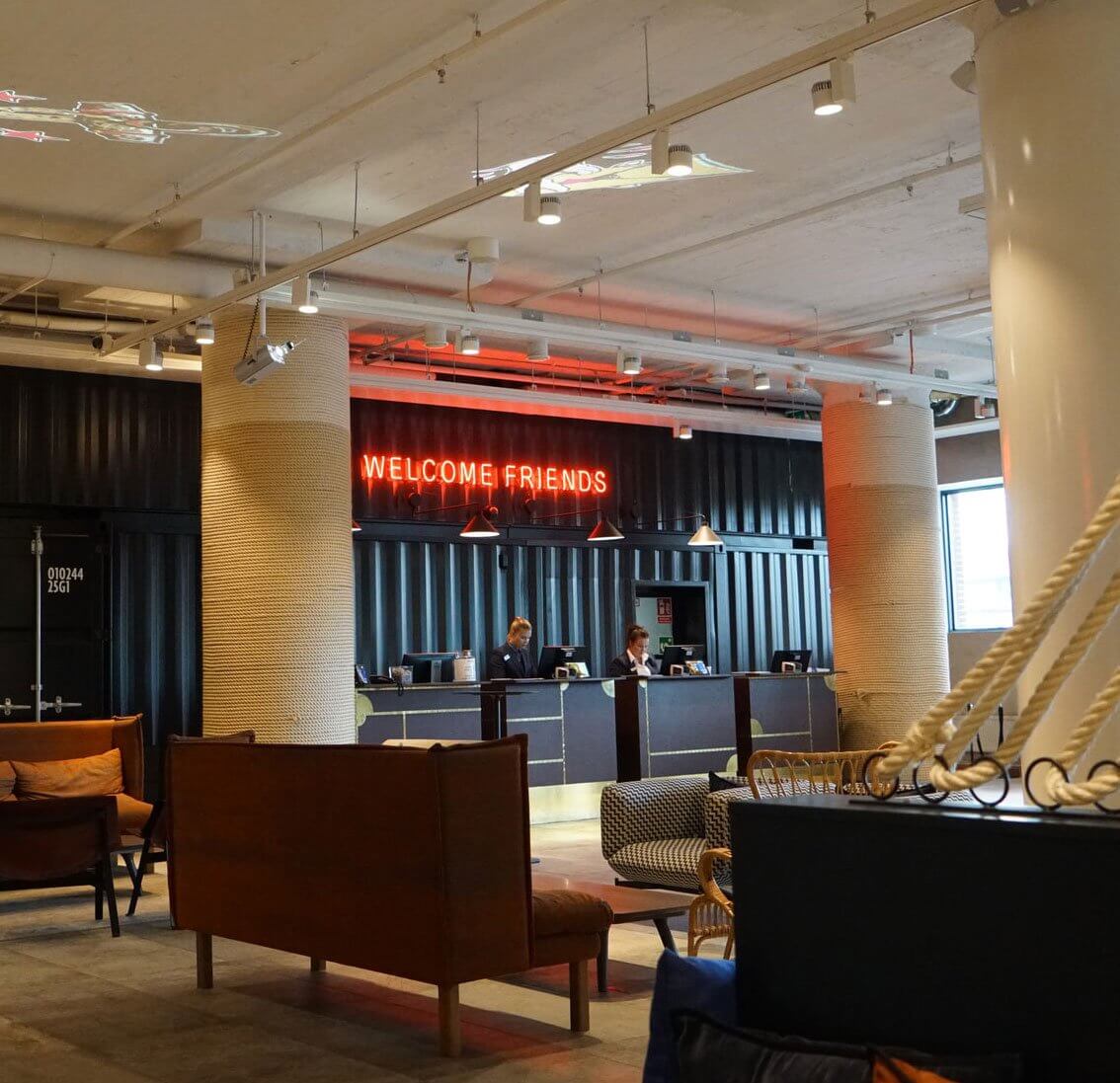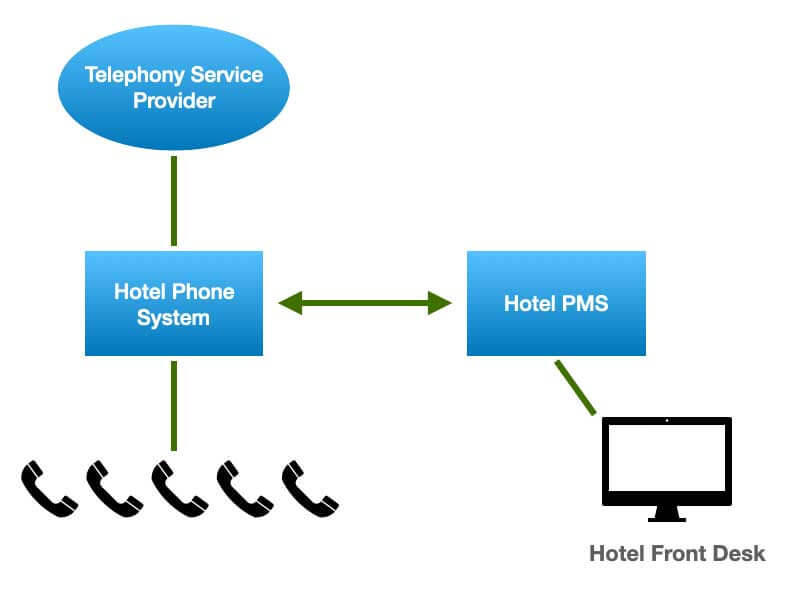What is a Hotel Phone System
How hospitality phone system is different from any other PBX, by Xorcom, hotel phone systems developer Get a QuoteXorcom Hotel Phone System
Hotel phone systems – general description & typical hospitality features
Hotel phone systems, or hotel PBX (Private Branch Exchange) is the system that typically manages all the hotel’s internal and external telephony communications and it’s behavior. Internal calls in hotel phone systems are typically calls between guests and the front desk or other hotel facilities as well as calls among hotel employees.
External calls include anything that goes outside of the hotel – including calls with potential customers, guests while outside of the hotel, suppliers, etc. The hotel phone system typically includes an IVR (Interactive Voice Response) to assist callers, and oftentimes includes call-center features, such as queue management and call statistics – unanswered calls, wait-time, and more.
How is a Hotel Phone System Different from any Other Phone System?
After reading the previous description, you may be wondering how all this differs from any other business phone system.
What makes hotel phone systems special?
The answer is that there is an additional element to take into account when talking about hotel phone systems, which is different from any other phone system – it’s users are temporary guests that are being served and charged for those services.
Hotels manage their guests and services through a PMS (Property Management System) that handles everything from making reservations, to checking in and charging the guest for the wine they drank at the bar.
How is all that related to phone systems?
Well, for a long time, phone systems that specialized in the hospitality industry offered interoperability between the PMS and the phone system, so that, while the hotel staff do their day-to-day work on the PMS, the phone system is automatically updated with the current status of the extensions (rooms) guests and so on. In addition, the hotel phone system reports phone usage to the PMS so that the hotel may charge the guests accordingly.
This last item used to be a very important source of revenue for hotels, but this is no longer the case since mobile phones and voice-over-IP are used by hotel guests to make most of their outbound calls.

Hotel Phone System Actions Upon Hotel Guest Check-in/Check-out
Why is it even important for the hotel phone system (PBX / PABX) to know the room status and which guest is currently using which hotel room?
Normally, the hotel room extension behaves differently when a guest is in the room than when the room is vacant. Also, some settings are guest-specific.
For example, a vacant room’s extension may be blocked for outbound calls but should be opened to such calls as soon as a guest checks in.
Furthermore, in some hotels, the guest may select whether they want to allow certain destinations, like long distance or international calls, which may have high rates. As soon as the guest checks-in, not only does the hotel phone system allow such calls, but it also starts counting the time-per-destination, so that upon check-out the guest could be charged for the calls that were made.
Besides allowing calls, the hotel phone system should be updated with the guest’s name to be used as a caller ID, to allow for personalized response when the guest calls any of the hotel’s facilities.
Voicemail also needs to be treated appropriately upon arrival and departure of guests. When a guest checks in, the voicemail should automatically open for the message and when the guest checks out it all messages should be erased. Here, again, the hotel phone system should automatically perform these actions upon receiving the queue from the hotel PMS.
Cloud Hotel Phone Systems
As with many other services, hotel phone systems are provided these days also as a cloud service. In such case, the hotel phone system is not physically located in the hotel facility, but rather installed on a cloud server in a remote datacenter, and all the hotel phones (guests and employees) are connected to this cloud service over the internet.
The advantages of using a cloud hotel phone system are, as with other cloud services, that the hotel does not have to provide for space, cooling, security and maintenance of the phone system, but rather gets all this as a service from the cloud hotel phone system provider.
Furthermore, unlike purchasing a phone system for the hotel, in case of cloud phone systems, it is all OPEX (Operational Expenditure) rather than CAPEX (Capital Expenditure), which may provide an advantage. OPEX is typically recorded as an expense on the income statement and is deducted from revenue to calculate the company’s operating profit.
The main disadvantage of using a cloud service for the hotel phone system is the absolute dependence on the outside internet connectivity to make even the simplest call between a room and the front desk. If for some reason, this connectivity is lost or experiences degraded quality, it will immediately affect the level of service the hotel can provide. This risk can be overcome by several technical solutions, assuming the infrastructure meets a minimal required level of stability and quality.
What is VoIP in hotel phone systems?
VoIP stands for Voice over Internet Protocol. It is a general term that describes all voice communications over computer networks. This may refer to the way the phones connect to the phone system as well as the way the phone system connects to the service provider for external calls.
These days all modern phone systems support VoIP, however, some hotels do not have the proper infrastructure to support VoIP phones in the guest rooms. Such hotels may keep their analog phones and analog infrastructure to provide service to the rooms, while still benefiting from the advantages of VoIP in the offices and external calls. To do that, the hotel must make sure that the purchased hotel phone system supports both VoIP and analog extensions.
Other Usages of Hotel Phone Systems
Hotel phone systems are in use not only in classic hotels but also in other settings, like on cruise-ships, long stay hotels, hostels, rentals, and other facilities that provide a check-in/check-out type of service.
Hotel phone systems in the USA adhere to various industry standards, including regulatory requirements such as emergency 911 services and accessibility features for guests with disabilities. Compliance with these standards ensures guest safety and equal access to communication services.

Hotel Phone System and PMS in Hotel Lobby
Additional Important Features of Hotel Phone Systems
In addition to managing the room status in the phone system (check-in / check-out), some other features are typically used in hotel phone systems to best serve the guests.
Such features include:
- Wakeup calls – the front desk can set up a wake-up call to a hotel guest directly from the PMS and the hotel phone system will be automatically updated accordingly.
- Room status – hotel personnel can update the room status by dialing a code in the room’s extension (e.g. room ready, needs cleaning, maintenance required, etc.). The status is automatically updated in the hotel PMS. providing the hotel staff with a real-time view of room status.
- Minibar – much like the previous item, the minibar status can be updated by simply dialing the codes for the replenished items using the room’s phone. This information goes to the PMS to be used in the final bill to the guest.
- Do-not-disturb – like the classic “Do not disturb” sign at the door, hotel guests may ask the front desk not to allow incoming calls to their room. Again, the hotel staff will update this guest-status in the PMS and the PMS will automatically inform the hotel phone system of the new status.
Hotel Phone Systems – summary
Hotel phone systems can be looked at like normal business phone systems, with the addition of a unique interface between the phone system and the hotel PMS (Property Management System).
This bi-directional interface allows for information to flow from the PMS and to the hotel phone system and vice-versa, making sure the guest status and service usage is always up to date on both sides, and allowing the hotel staff to only deal with the PMS and never have to touch the hotel phone system for settings in their day-to-day work.
For more information about Xorcom award-winning hotel phone systems click here. Or check our other Hotel PBX materials below.
Any questions related to hotel phone system?
Get a free consultation from our expert via the form below.
All Xorcom products – Business phone systems, Hotel PBX, Virtual PBX, Gateways, Cloud Recording are distributed globally and are available worldwide via Xorcom authorized distributors and resellers.
Marriott International approved vendor. Micros Fidelio Certified.
Xorcom provides its products with an international warranty and technical support services.
Feel free to contact us online or via our authorized partners.


